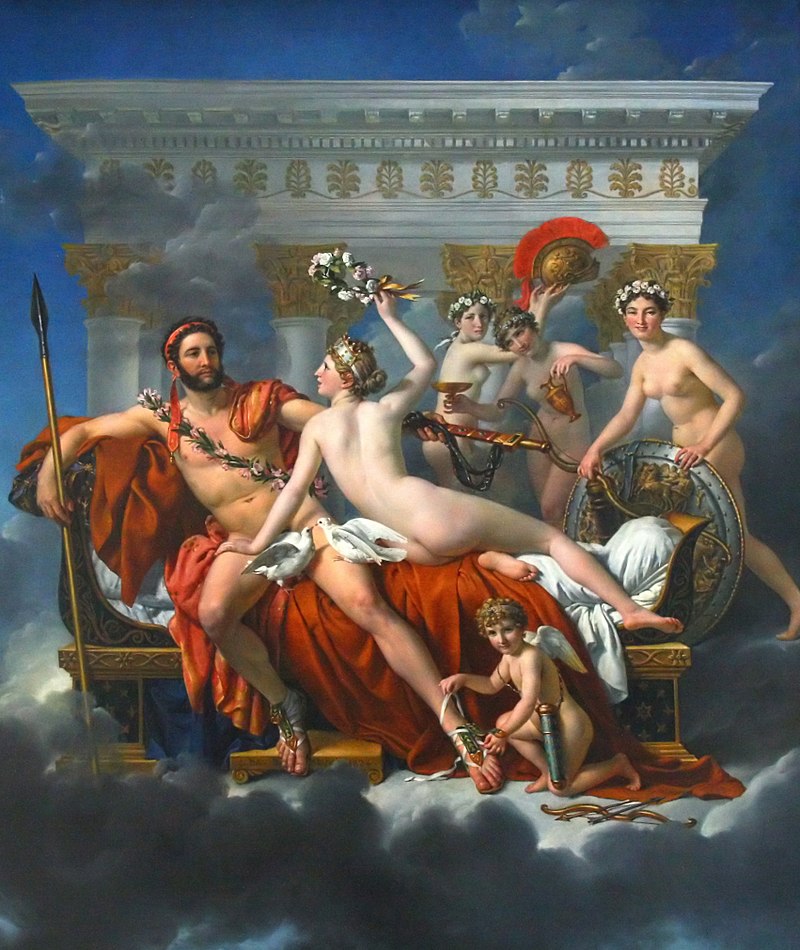Les Ponts de Cé
Louis Aragon (1897-1982)
The poem dates from 1942, and was set to music by Poulenc in 1943. Les Ponts de Cé, on the Loire near Angers: a strategic crossing, scene of bloody fighting in 1432, 1620 and 1940. Crossing the Loire into the ‘Free Zone’ enabled Aragon to be a Resistance fighter. Lancelot crossed the perilous Pont de l’Épée for love of Guinevere.
Lay: a poem of octosyllables, with a single rhyme, much favoured in the Middle Ages, about love (often impossible) and chivalry. The chief exponent was the mysterious 'Marie de France'.
Les Ponts de Cé
J’ai traversé les ponts de Cé
C’est là que tout a commencé
Une chanson des temps passés
Parle d’un chevalier blessé
D’une rose sur la chaussée
Et d’un corsage délacé
Du château d’un duc insensé
Et des cygnes dans les fossés
De la prairie où vient danser
Une éternelle fiancée
Et j’ai bu comme un lait glacé
Le long lai des gloires faussées
La Loire emporte mes pensées
Avec les voitures versés
Et les armes désamorcées
Et les larmes mal effacées
Ô ma France ô ma délaissée
J’ai traversé les ponts de Cé"C"
I’ve crossed the Loire at Cé (that’s "C"),
the start of this whole tendency.
A song of ancient minstrelsy,
a knight, a nasty wound has he,
a rose on roads of vagrancy,
and breasts bereft of decency:
castle of some duke’s lunacy,
swans on the ditches’ buoyancy,
meadow of dancing ecstasy,
a bride’s eternal constancy.
I drank chilled milk, fake fantasy:
false glories, long lay’s poesy.
The Loire sweeps all my thoughts to sea,
trucks belly-up, sad sight to see,
and weapons lacking potency,
a smear of tears: despondency.
Dear France, forlorn expectancy!
I’ve crossed the bridge at Cé, or C.Set by Poulenc, sung by Dame Felicity Lott: https://www.youtube.com/watch?v=OII1DFCz6oU
Translation: Copyright © Timothy Adès
